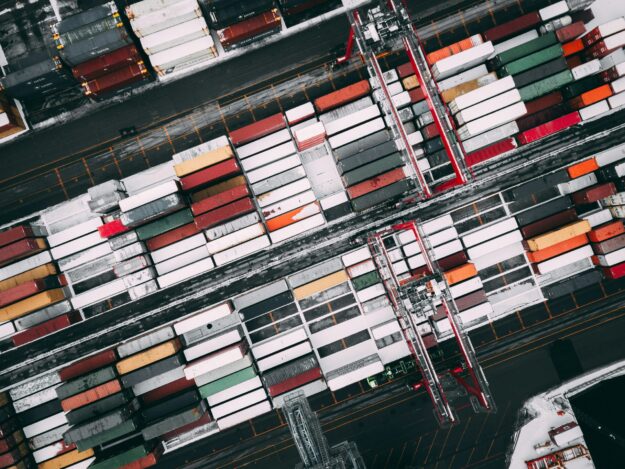Taiwan’s Supply Chain Empowers Early Mass Production of Cutting-Edge High Bandwidth Memory
In a significant development, Taiwan’s robust and dynamic supply chain has emerged as a key enabler in facilitating early mass production of the latest-generation high bandwidth memory (HBM) product, HBM3E, for a leading US memory IDM. This strategic collaboration has positioned the IDM ahead of its competitors, allowing it to fulfill supply commitments for Nvidia’s…
Details









